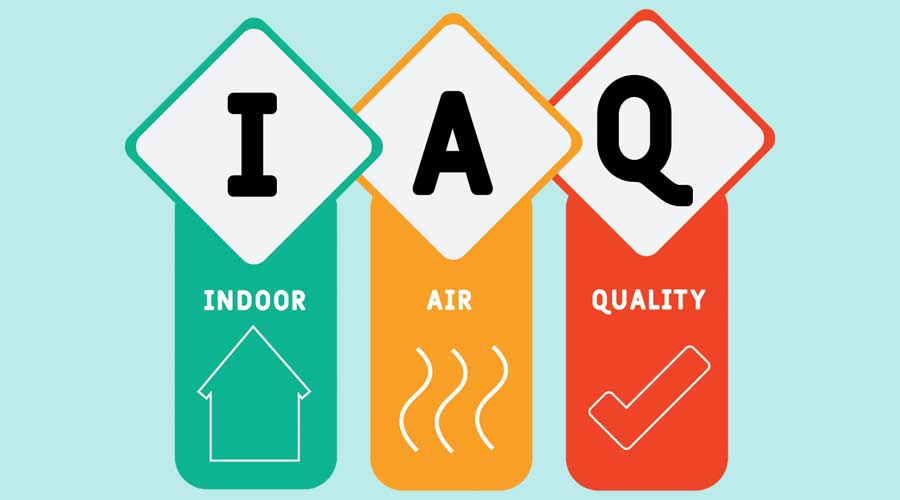
Fellowes announced results from its recent U.S. and Canadian survey of respondents who stayed in a hotel during the last year. Survey respondents rated clean indoor air in their top two considerations, ahead of other commonly offered perks, when selecting accommodations for an upcoming trip.
Respondents ranked indoor air quality (IAQ) ahead of these popular hotel offerings:
• Free breakfast
• Free parking
• Loyalty program points
• Fitness amenities
Only 30 percent of survey respondents reported noticing information about a property’s commitment to IAQ during any stay over the last year, showing a gap between what’s important to hotel guests and the need for more properties to invest in IAQ while promoting their investment to guests. By comparison, nearly half (49 percent) of respondents noted seeing information about a commitment to sustainability in a guest room over the last year.
These results come as holiday travel approaches. A busy travel season may lie ahead, as costs to travel are down compared to the same period in 2022. According to the travel agency and mobile app Hopper, this Thanksgiving airfare is averaging 14 percent less than last year and car rentals are down 17 percent, which could spur more last-minute hotel bookings.
Properties that saw a decrease in revenue during the peak of the COVID pandemic may have put capital improvements on hold, including those that can improve IAQ With higher demand for leisure travel over the last year that will likely sustain at 2 percent growth over the next few years, according to the U.S. Travel Association, these hotels could find themselves financially ready to make investments in air filtration technology and capitalize on consumer traveler demand for improved IAQ.
Hotel facility managers and leadership teams seeking a cost-effective and less disruptive way to meet consumer demand for improved IAQ should consider retrofitting options to reduce the time guest rooms and other on-site spaces are taken out of service versus more complex installations.
Other improvements that should be considered include upgraded filters for HVAC (MERV-13) and air purification units (H13 True HEPA filters), especially those that offer extended filter life of up to one year. HVAC investments and purpose-built air purification units can help with energy efficiency as well.
Two top organizations recommend air purification paired with HVAC improvements as part of a highly-effective air quality management program. The U.S. Centers for Disease Control (CDC) and trade association ASHRAE are aligned in recommending a combination of clean air delivery rate and filtration levels that achieve at least five air changes per hour (eACH) and higher, depending upon the space. Air purification with H13 True HEPA filters can effectively “plus up” an HVAC system that uses MERV-13 filters to achieve or surpass the minimum standard of five eACH.
Again, as guests have highlighted the importance of indoor air quality, the ability to show that the air throughout hotels and resorts is clean should now be considered a necessity. Air purification systems that improve a space’s air quality while also providing visual confirmation of the indoor air quality status should be a top consideration for hotels.
“It’s clear from our survey results that hotel guests place high value on the cleanliness of their rooms and the quality of air throughout a property during their stay, rating it above perks that properties will often focus on when marketing a property to potential guests,” says Arti Lyde, global general manager, air quality management at Fellowes. “We hope these results showcase the importance for hotel decision makers to invest in air quality improvements as a way to invest in their businesses as well as the well-being and satisfaction of their employees and guests.”

 The Down and Dirty on Cleaning in Virus Season
The Down and Dirty on Cleaning in Virus Season How Surfactant Use is Expanding in Commercial Cleaning
How Surfactant Use is Expanding in Commercial Cleaning